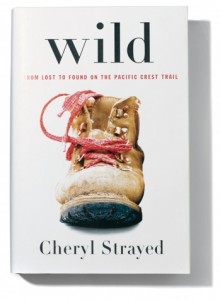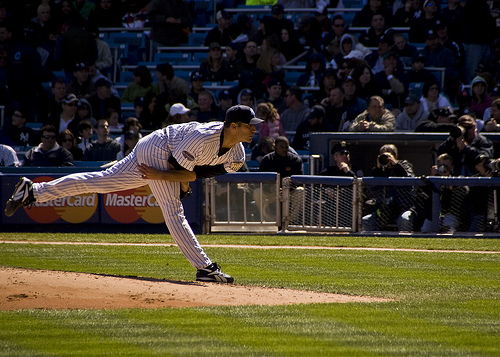Classes Start Wednesday & Thursday
This is it, folks. Last time for these classes at these prices. All of my class prices are going up in the fall (August). If you’ve been waiting to take a class with me, now is the best value.
Writing & Publishing the Short Stuff LINK
WPSS is great for writers who are ready to develop article-writing skills that will move them beyond the world of blogging and into opportunities for magazine publication.
~ Sara M.
Discover Your Specialty & Launch Your Platform LINK
Christina’s platform class is designed for you. Just you. She takes you from where you are now and pushes you to see who you could become. ~ Jan U.
Pitching Practice: Write Six Queries in Six Weeks LINK
It’s obvious from Christina’s teaching style that her heart is to help writers grow and succeed. ~ Gayla G.
Micro-publishing for Mom Writers LINK
Once again Christina has found a way to motivate and inspire writers into creating their own piece of expertise. It’s a stripped down, no holds barred, approach to moving a tiny seed of an idea into something that is ready to be self-published. Christina manages to keep the class above the hype of self-publishing and allows the space for her students to grow as writers. ~ Krysty K.
Last day to register is today. No late registrations will be accepted. Next round of classes begins in August.
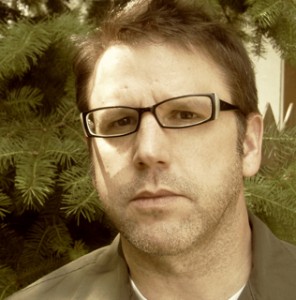 • • •
• • •
The Northwest Author Series Presents Kevin Sampsell on The Book World: From Reader To Published Author
Sunday, April 14 from 3:30 pm – 5:00 pm
Location: The Wilsonville Public Library in the Oak Room
Time: 3:30 – 5:30 pm
Cost: $5.00
Door prizes: Two copies of A Common Pornography (I’m reading it, it’s great!)
How does the way you approach reading, writing, editing, publishing, and selling impact your professional growth as a writer? Our guide Kevin Sampsell has played all the parts in the book world and will discuss the interplay of these roles in this 90-minute whirlwind tour. Aspiring authors in any or many genres will gain a well-rounded perspective on how to enjoyably immerse yourself in the literary life.
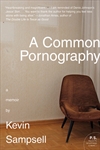 Kevin Sampsell’s memoir, A Common Pornography was published by Harper Collins in 2010. He is the editor of the story collection, Portland Noir and the author of the story collection, Creamy Bullets. Twenty years ago, he started his micropress, Future Tense Books, which has become an influential force among American small presses. A journalist, book reviewer, and essayist, Kevin oversees the coveted small press section at Powell’s Bookstore. He lives in Portland, Oregon with his wife and son, where he is currently working on a novel. Learn more about Kevin Sampsell.
Kevin Sampsell’s memoir, A Common Pornography was published by Harper Collins in 2010. He is the editor of the story collection, Portland Noir and the author of the story collection, Creamy Bullets. Twenty years ago, he started his micropress, Future Tense Books, which has become an influential force among American small presses. A journalist, book reviewer, and essayist, Kevin oversees the coveted small press section at Powell’s Bookstore. He lives in Portland, Oregon with his wife and son, where he is currently working on a novel. Learn more about Kevin Sampsell.
• • •
This weekend I’m appearing at the Mad Anthony Writer’s Conference in Hamilton, Ohio
Friday, April 13, 7:30 pm Keynote: Never a Better Time To Be A Writer Saturday, April 14, 9:50-11:05, The Writer’s Workout, Whip Your Literary Dreams Into Shape
Saturday, April 14, 12:30-1:30, Keynote: The Prosperous Writers, Tips for Navigating the Gig Economy
Sunday, April 15, Master Class: Get Ready To Sweat: A Marathon of Writing Career Exercises For Self-Discovery & Profits
The 2012 Mad Anthony Writer’s Conference is your opportunity to learn from the experts, network with a community of writers, have your manuscripts reviewed, & to give your dreams of being a published writer a chance to come true. The Mad Anthony Conference proudly supports The Boys & Girls Clubs of Hamilton, Ohio.
Miami University Hamilton, Harry T Wilks Conference Center
More info and register
• • •
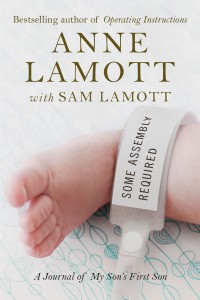 Beyond Busy Global Monthly Book Club
Beyond Busy Global Monthly Book Club
I’ve announced the next book for our global book club! Our second book, which we will start discussing on May 1st is “Some Assembly Required, A Journal of My Son’s First Son” By Anne Lamott. Lots of folks are still finishing up Cheryl Strayed’s Wild, and the discussion about Wild continues in this blog. If you would like to join the BBGMBC, please visit our Facebook Group and ask to join.
We had a great time reading and discussing Wild by Cheryl Strayed. Hope you can join us for reading and discussing Some Assembly Required.
